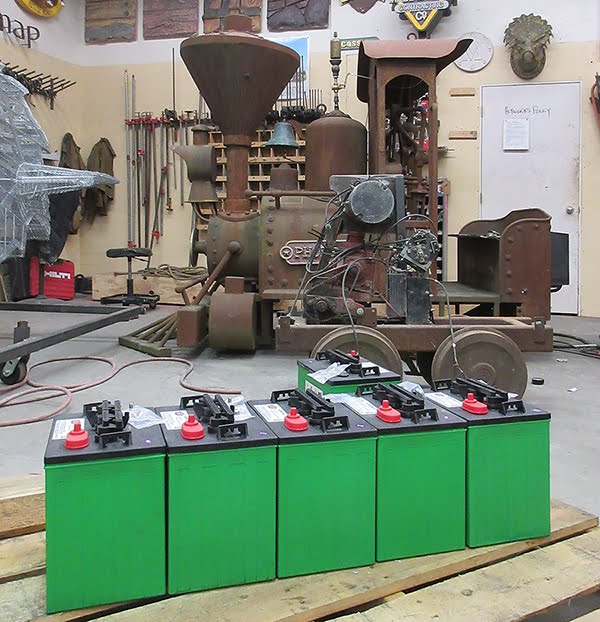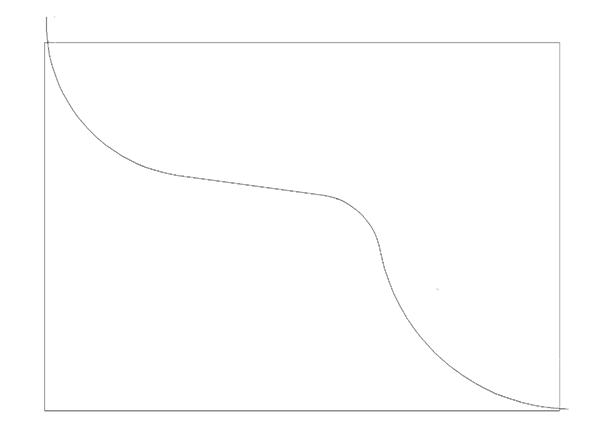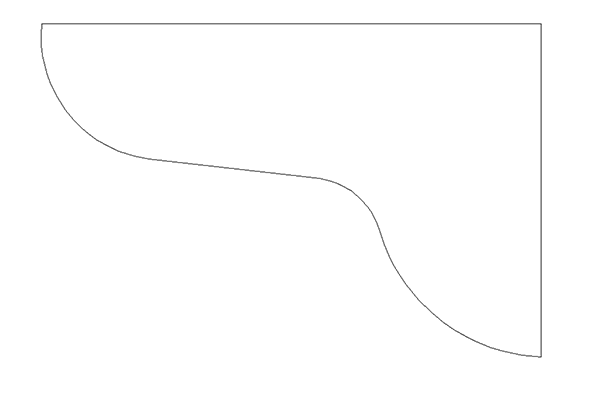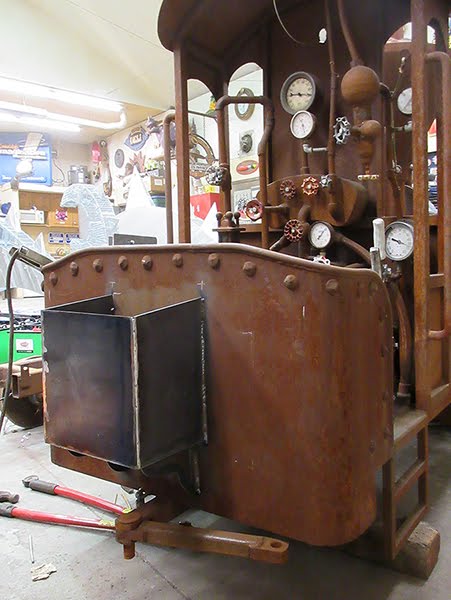As I work on the train project a little each day I find the modern tools make it so much easier than when I started the project more than a decade ago. Back then I was happy to use the hand held plasma cutter – a huge step up from the acetylene torch we had used up to that point. But the curves were always a little shaky and there was still lots of grinding to do – especially when I was making multiples of a piece.
Now it is as simple as designing a file in EnRoute on the computer and then sending it off the the MultiCam CNC plasma cutter. In seconds the part is cut perfectly, needing little more than a touch with a sanding disk before I weld things up.
Over the last weeks I’ve been spending a little time each day, designing, cutting and fabbing up the needed brackets, bits and pieces needed to mount the electric motor, transmission and cable brackets. We are getting close to getting this thing running!
Back when I designed the train I was planning on using four eight volt batteries to power it. After much research I discovered that six – six volt batteries would power the train longer and last longer too. We took delivery of the batteries yesterday. As I suspected six batteries won’t fit into the battery box I had previously built. An easy fix was to design a steel box and weld it to the back of the cab for the sixth battery. I’ll make it look like a toolbox and it will be just fine.
Making the box was dead easy… as it was only four rectangular pieces of steel. I decided that to make the box look intentional a couple fancy brackets were in order. Creating the file in EnRoute was quick and easy. I started with a seven inch by five inch rectangle to establish the needed scale. Then, using the drawing tools I created a curved line.
The jigsaw tool was used to cut this shape out. I then deleted to original rectangle and curved line.
Lastly I used the offset tool to create the hole in the bracket.
The file was then ready to send off to the MultiCam plasma cutter. In a couple of minutes the brackets were cut from a sheet of 1/8″ steel. While they were cutting I had welded up the box and the brackets were added to it in a hurry.
I then measured, centered and tacked the box onto the back of the train engine. It took a few minuted more to run a welding bead up each side to make it permanent. In the next session I’ll fab up a hinged lid to keep the battery out of the weather but also allow easy access for servicing.






